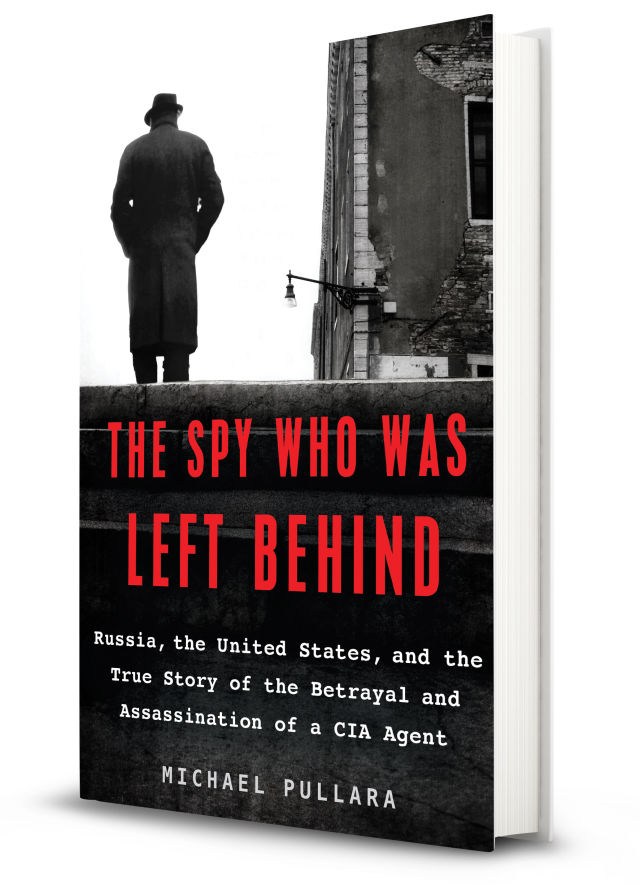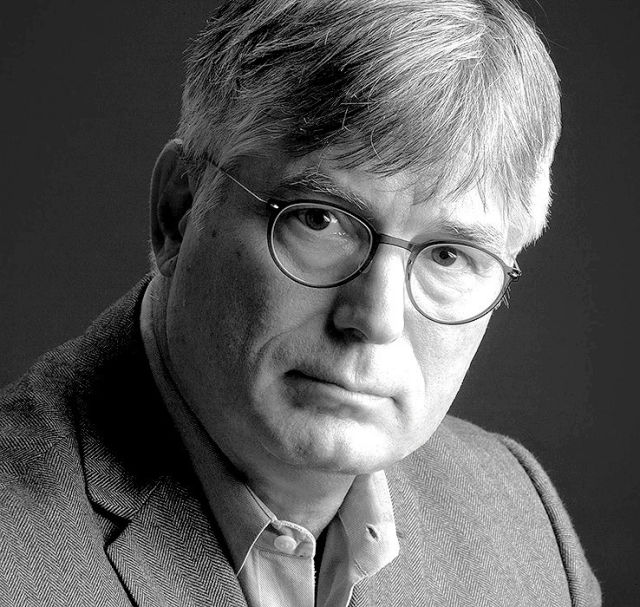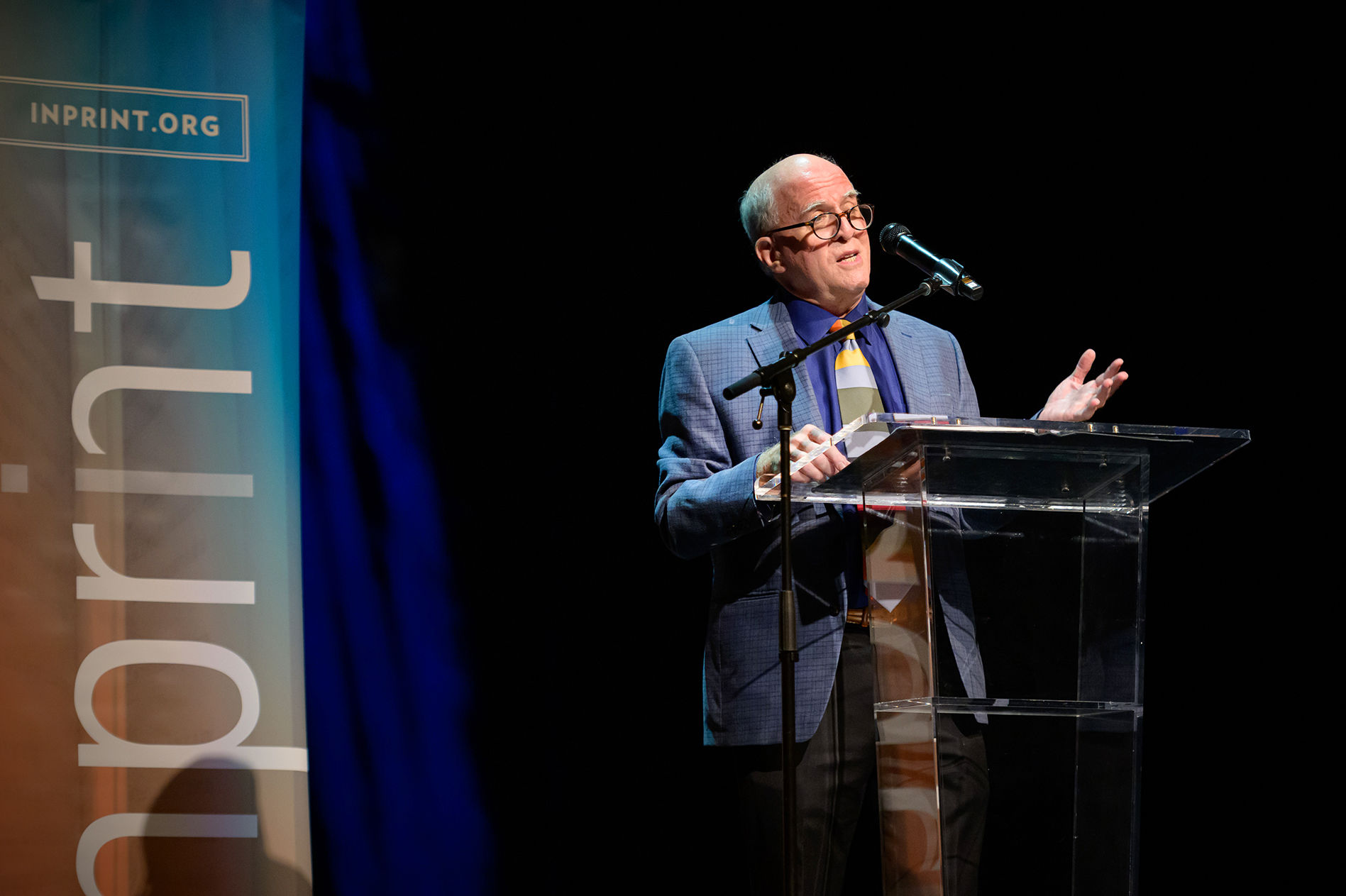How a Houston Lawyer Solved a CIA Murder

The Spy Who Was Left Behind is a thrilling true-life espionage tale. It’s also a long way from light reading, something first-time author Michael Pullara readily acknowledges.
“One reviewer said, ‘This is really complicated, and if you like complicated you’re going to like this—but I don’t like complicated, so I didn’t like it,’” recalls the veteran Houston trial lawyer. “I thought, ‘That’s fair. I can understand that.’”
Published last November, the book lays out Pullara’s years-long investigation into the 1993 assassination of CIA agent Freddie Woodruff, a charismatic ex-preacher working undercover in Georgia, the mountainous nation that had regained its independence in 1991, after the Soviet Union’s collapse. The crime was written off as a random killing, and a suspect was quickly arrested and convicted on evidence that was dubious at best.
At the time, the U.S. was trying to establish the rapidly, if imperfectly, democratizing Georgia as a bulwark of Western influence in Russia’s backyard, so digging into Woodruff’s death too deeply could have created an awkward political situation—or worse. The U.S. seemed content to leave it alone.
As it happened, though, Pullara shared a hometown with Woodruff—Searcy, Arkansas—and he knew the family. The attorney became interested in the case and, after doing some digging, became suspicious that Woodruff’s death was actually a hit by the Russians. After the author shared his misgivings with the agent’s sister, coincidentally named Georgia, she asked him to use all his lawyer’s wherewithal to free the suspect—a young, poorly educated soldier named Anzor Sharmaidze who’d been sentenced to 15 years’ hard labor—from prison.

Michael Pullara
Pullara, undaunted by the case’s complexity, decided to take it on pro bono. “People who thrive in my profession are very good at dealing with uncertainty, ambiguity, and deferred gratification,” he says.
In The Spy Who Was Left Behind, he recounts how, in an investigation spanning decades, he annoyed several top-ranking members of the Georgian government; became a licensed attorney in Georgia; and, ultimately, discovered a fateful encounter between Woodruff and Aldrich Ames, a high-ranking CIA officer who turned out to be a Russian spy.
Using this information, Pullara was able to secure Sharmaidze’s release in 2008. When he decided to write a book about the case, the attorney paid the soldier for the rights and offered him a portion of proceeds.
Looking back, Pullara says he doesn’t regret spending all those un-billable hours on the case. But it did take a toll on his idealism. “You want to believe in the righteousness of your own government,” he explains. “The truth of the matter is, there are no good answers to a lot of problems, and we have to choose the least bad answer.
“This is real life, and real life is brain-numbingly complicated if you look beyond the front page of the newspaper. That’s part of what I was trying to communicate in the book. Another part was that if you are patient and honest and committed, you can change the world for somebody.”
Reading and Signing, Jan. 30 at 7 p.m. Free (book $28). United Way of Greater Houston, 50 Waugh Dr. 713-523-0701.




